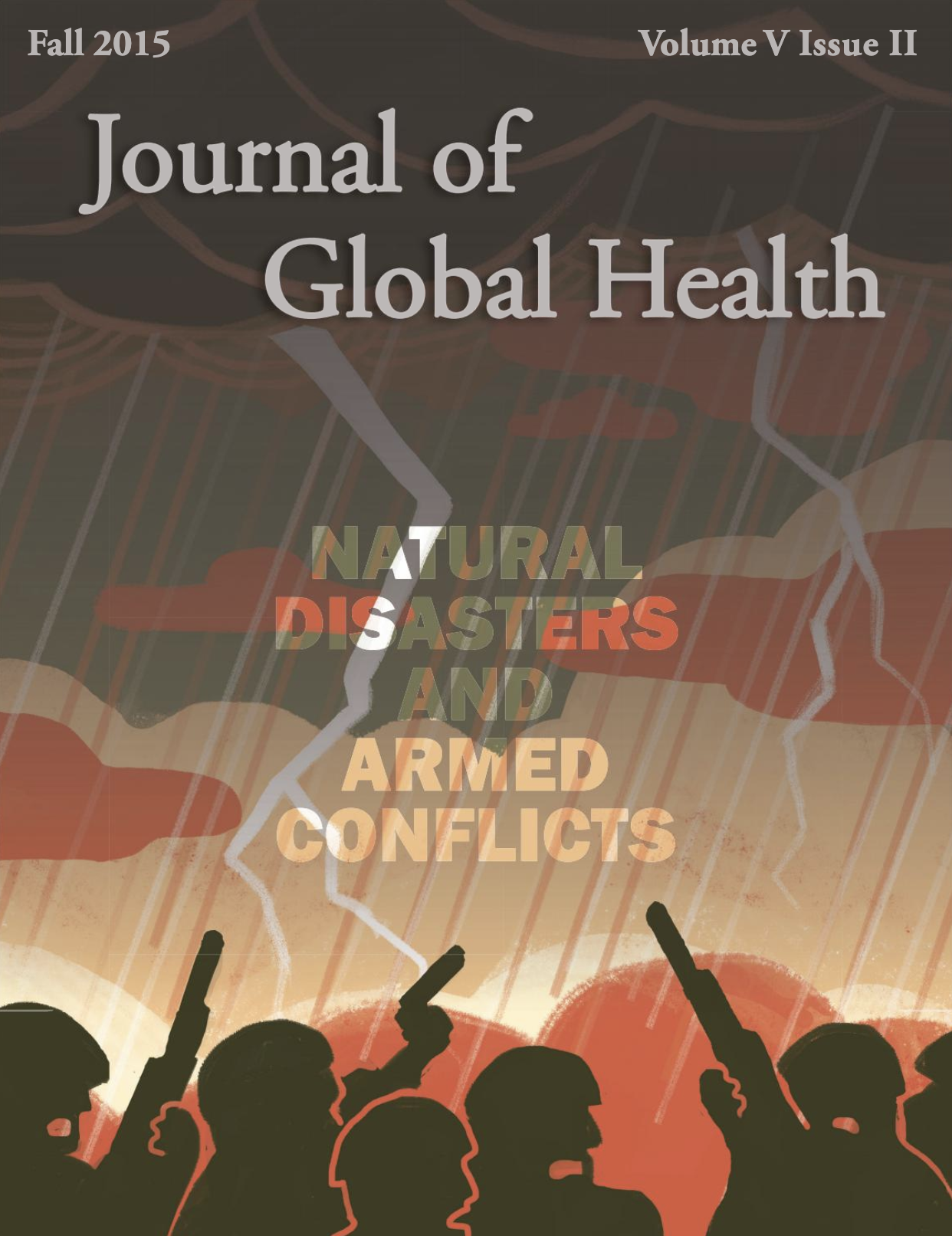The Islamic State (Daesh) Healthcare Paradox: A Caliphate in Crisis
Main Article Content
Abstract
At the height of the Arab Spring protests in 2011, Syrian civil society entered a downward spiral into chaos. Initially peaceful protests against President Bashar al-Assad eventually morphed into an armed rebellion. As the war has grown exponentially, so has the devastation of Syria and Iraq. The issue of healthcare is often left silent in the backdrop of issues prevalent in the war. Three years of government bombings and Daesh expansion have ravaged Syria’s health capacity. Daesh militants are embarking on a brutal campaign against health providers and infrastructure throughout Syria and Iraq in controlled territories. Meanwhile, Daesh is attempting to promote a healthcare delivery system among other social services in order to gain support from local populations in controlled territories, but these actions are inconsistent.1 This requires research into how Daesh attempts to create a functioning apparatus for healthcare delivery. Scholarly analysis on the topic of Daesh and its administration of healthcare remains sparse. This paper will explore the paradox in which the terrorist group operates, the bureaucracy it has created to deliver health services, the deficiencies preventing effective delivery and its governing philosophy on health. To win the war against Daesh, the traditional counterterrorism strategy advocating military force must be coupled with effective social service delivery to win over the hearts and minds of the local populations under Daesh control. In this strategy, healthcare is a crucial component of understanding and defeating Daesh.

